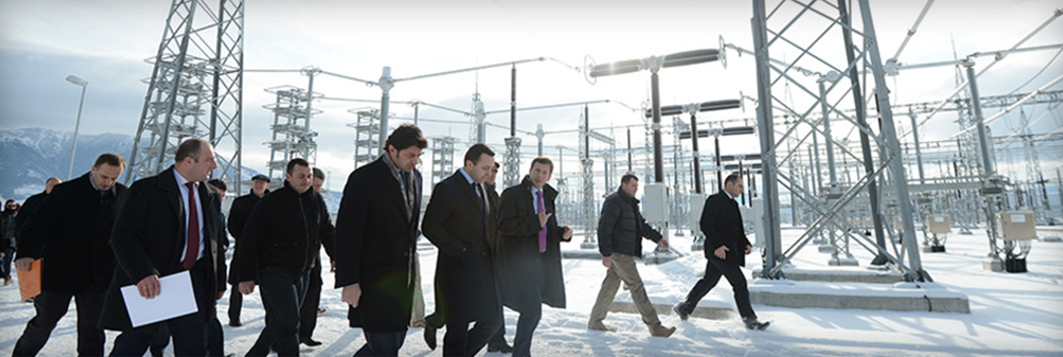Within the framework of the INOGATE programme, Revelle implemented strategic policy dialogues in support of ongoing energy sector reforms in the countries of Eastern Europe, Caucasus and Central Asia.
Entitled “Energy Policy Dialogues”, this series of workshops, aimed at bringing together a range of different stakeholders to support and promote renewable energy and energy efficiency in the targeted countries.
Ukraine
Three policy dialogues were organised between November 2015 and March 2016 covering a series of themes, including tariff reform, energy efficiency, promotion of renewable energy and how investments in energy efficiency and renewable energy can be stimulated.
1st Energy Policy Talk on:
“Measures to enhance energy efficiency among vulnerable consumers”
This event was targeted to major players in the energy field who discussed short and long-term energy efficiency measures to address the needs of/support vulnerable consumers through energy efficiency. The results included an agreement on setting-up a fund for support of the energy efficiency in residential sector and the extension of a program supporting Energy Efficiency Support program, ran by the National Energy Efficiency State Agency.
2nd Energy Policy Talk on:
“Moving towards a functioning competitive electricity market in Ukraine”
This event addressed: i) What are the main provisions in the Energy Efficiency Directive to be implemented in the short, medium and long run?; ii) identifying a clear set of responsibilities and roles among the main institutions in implementing EE policies? Iii) What steps should the government take to coordinate horizontally across ministries and vertically with municipalities and local government to guarantee effective and aligned governance?
3rd Energy Policy Talk on:
“The Future of Energy Efficiency in Ukraine. Moving towards Better Governance”
This event brought together high level representatives and senior figures from energy ministries and other related state agencies as well as representatives of the EU Delegation and the European Commission. The aimed at identifying a clear set of responsibilities and roles among all institutions implementing energy efficiency policies and most importantly, what steps the government should take to better coordinate action both horizontally (i.e. across ministries) and vertically (i.e. with municipalities and local governments).
Georgia
The Georgia Energy Policy Talk was on: “Rationalising the use of electricity and optimising the electricity value chain – from generation to consumption” focussed on ways of improving Georgia’s electricity value chain from production to consumption and saw the participation of a wide range of stakeholders in the energy sector, form parliamentarians and ministries to representatives of donor organisations and NGOs, etc. These stakeholders were given the opportunity to exchange views on Georgia’s energy market touching upon different themes, such as the country’s electrical power supply (i.e. energy losses and capacity in generation, distribution and transmission); grid support services (ancillary services); resilience of its electrical services from an energy security point of view and related financial issues.
This talk resulted in the production of a short paper aiming at presenting Georgia’s energy market situation, the required improvements especially in consumer behaviour and market tariffs and finally how the country could benefit from its ascension to the Energy Community especially in overcoming its main energy challenges and barriers.



